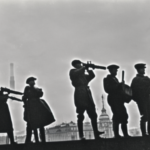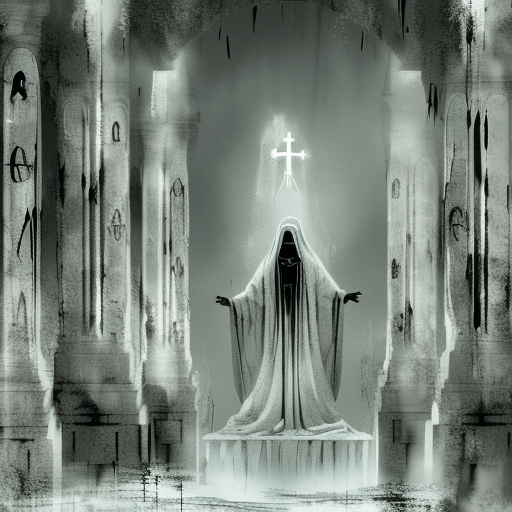One-line summary: “Ghost Wars” is a gripping account of the CIA’s covert operations in Afghanistan from the Soviet invasion in 1979 to the rise of Osama bin Laden and the events leading up to the September 11 attacks.
The Soviet Invasion and the Birth of the Mujahideen
In “Ghost Wars,” author Steve Coll delves into the complex history of Afghanistan, starting with the Soviet invasion in 1979. He explores how the United States, through the CIA, became involved in supporting the Afghan resistance, known as the Mujahideen, in their fight against the Soviets. Coll highlights the CIA’s efforts to arm and train the Mujahideen, including providing them with Stinger missiles that proved instrumental in downing Soviet helicopters.
The Rise of the Taliban and Bin Laden
Coll then delves into the aftermath of the Soviet withdrawal from Afghanistan in 1989, which left the country in a state of chaos. He examines how the power vacuum allowed the rise of extremist groups, particularly the Taliban, who eventually took control of Afghanistan. The author also explores the emergence of Osama bin Laden, a wealthy Saudi who became a key figure in the global jihadist movement.
The Failures of Intelligence and the Road to 9/11
The book extensively covers the failures of intelligence agencies leading up to the September 11 attacks. Coll highlights the lack of coordination and communication between various U.S. government agencies, including the CIA and the FBI, which hindered the ability to gather crucial information on Al-Qaeda’s activities. He also examines the missed opportunities to disrupt the terrorist network, such as the failure to capture or kill bin Laden during the Battle of Tora Bora in 2001.
Throughout “Ghost Wars,” Coll provides a comprehensive analysis of the political, military, and intelligence landscape that shaped the events leading up to 9/1He sheds light on the complex web of relationships between the CIA, Pakistani intelligence, Saudi Arabia, and various Afghan factions, highlighting the unintended consequences of U.S. policies and the short-term thinking that often prevailed.
Key takeaways from “Ghost Wars” include:
- The CIA’s covert operations in Afghanistan during the Soviet invasion inadvertently laid the groundwork for the rise of extremist groups like the Taliban.
- The lack of coordination and communication between U.S. intelligence agencies hindered efforts to gather crucial information on Al-Qaeda.
- The book underscores the importance of long-term thinking and understanding the complexities of the regions in which the United States intervenes.
As Coll states in “Ghost Wars”: “The United States had helped create the conditions that had allowed the Taliban to come to power and Osama bin Laden to find refuge there.”
This quote encapsulates the unintended consequences of U.S. actions in Afghanistan and serves as a reminder of the complexities involved in foreign interventions.
In conclusion, “Ghost Wars” is a meticulously researched and compelling account of the CIA’s covert operations in Afghanistan and the events leading up to the September 11 attacks. It sheds light on the failures of intelligence agencies and the unintended consequences of U.S. policies in the region. This book serves as a valuable resource for understanding the complex history of Afghanistan and the rise of global terrorism.












